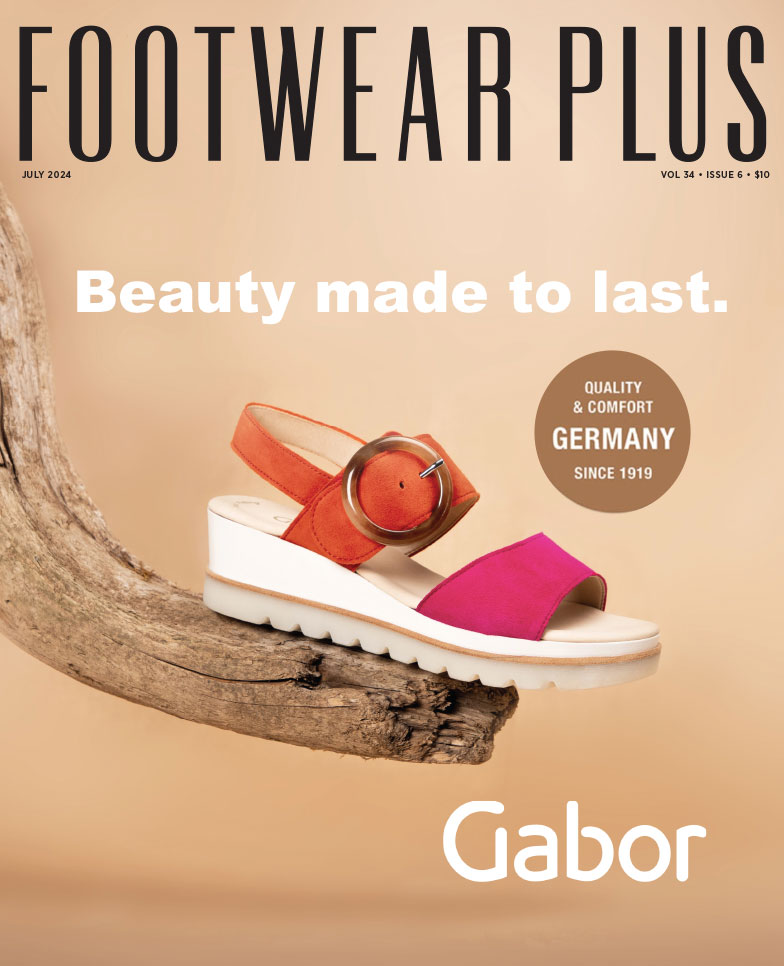When 16-year-old New Yorker Chase Reed asked his father, Troy, for a loan of $50 towards the sneakers he’d once again stood in line all night waiting to buy, Troy decided to keep the kicks hostage until he got his money back. That got the 10th-grader thinking. Using his own five-figure stock of 45 mint-condition basketball shoes, he opened the world’s first sneaker pawn shop.
“Young kids don’t have jewelry. They don’t have cars. But what they do have is the thousands of dollars worth of sneakers in their house,” Troy told the New York Post. The shop deals almost exclusively in limited edition and high-end kicks or dead-stock. For shoes to be accepted, they have to pass a sniff-test, and can’t be too yellowed or show signs of excessive wear on the soles. “After we evaluate, we’ll give the kid, say, $100 for the sneakers. If he wants them back, he’ll pay the $100, plus $20 for storing the sneakers.”
So how does it work? The pawn shop acts as a broker for the pawner. If someone makes an offer, the pawner is notified and has the right of first refusal, provided they still have the money to buy back the shoes. If the sneakers sell for more, the pawner keeps 80 percent of the profit and the rest goes to the store. The store’s priciest pawned pairs so far, LeBron Crown Jewels, are commanding $1,400–more than five times the $270 sticker price. Not too shabby. But this isn’t Chase’s first foray into sneakers sales. Before opening the shop, he also stayed up late after doing his homework to custom-paint sneakers, charging between $150 and $250 for his services. “I don’t look at it like a business. It’s what I do. It’s what I breathe,” he says.



